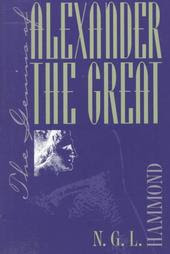Oh the things my mind retains
Last night, on the eve of my 44th birthday, my mind drifted towards a very old, but very vivid memory. I remember being a youngster in the backseat of my grandparents' car at a drive-in. I think it was the long closed Waterford drive-in. This memory drifts by regularly in the flotsam of my mind, so I've considered it many times. I figured I was about six years old. I also think my grandparents had expected me to be asleep by the time of the 2nd movie. I don't remember what the first movie was. I only remember the end of this movie in my memory. I got out of bed and thought I'd see what Google could do for me. I searched for "7 0's movie, guy crucified on a box car ." The clip on YouTube has enough screaming in it to wake a toddler. Yeah, that image is a bit much for a youngster to digest and forget. Google came through. Boxcar Bertha is a Martin Scorcese movie before he hit his stride and became famous starring David Carradine. Many reviewers...
